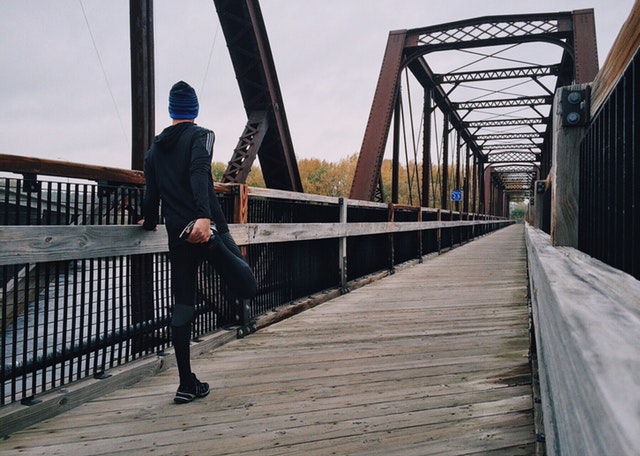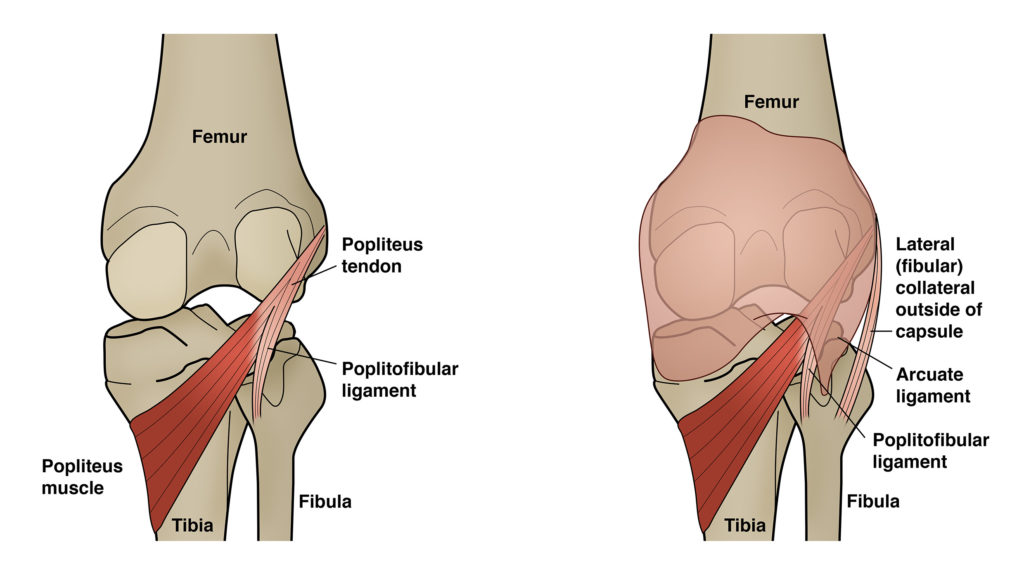Oakville Chiropractor – Popliteus! The real cause of your knee pain!
Ask the average person what a Popliteus is and they will probably say a boy band from the 1980’s. Truth be told it’s the root cause of misdiagnosed knee pain to many of our patients here at Nottinghill Family Wellness Centre in Oakville Ontario Canada. We see all kinds of knee injuries at the clinic. Its amazes our chiropractic team how many times a popliteus injury has been misdiagnosed. Sometimes patients will be suffering for months and get useless x-rays, ultrasounds and even MRI’s. Only to find out their pain which was diagnosed as a meniscus tear is really just a muscle pull.
Many of patients present with pain in their knee of no specific orgin. It could be worse with walking, standing or even sitting. After our chiropractor determines their injury is not structural and is the popliteus muscle treatment will begin immediately. We recommend Oakville custom orthotics or more supportive footwear for 90% of our knee pain patients.
How does the popliteus cause knee pain?
The popliteus muscle is located on(AT) the back of the knee under the calf muscles. It is attached to the lateral meniscus and is involved with most motions of the knee. The muscles main purpose is to help rotate the knee as well as retracting the knee from full extension or locked out position (straight).
Check out our Oakville Physiotherapy Clinic for more treatment options for knee pain.
We have had numerous patients enter our Oakville Chiropractic Clinic with what they were told was Pattela-femoral syndrome or a medial or lateral meniscus sprain. After various treatments elsewhere the pain was still prevalent. The popliteus muscle can retract up to 300% of its normal length. A tight popliteus can lead to knee pain that mimics many other injuries and is relatively easy to diagnose with palpation of the muscle.
Here is an example of a 23 year old NCAA soccer player back for the summer. She had be receiving ongoing treatment at her Division One school, but the popliteus muscle was never taken into consideration. After 4 intensive treatments including Active Release Therapy, IFC, Ice and mobilizations of the knee, she was close to 100%.
Read more about popliteus knee pain HERE
For help with pain or discomfort please contact your local chiropractor in Oakville at 905-827-4197
or
Popliteus Pain (Back of the Knee pain) FAQS
1. What is the popliteus muscle?
The popliteus is a muscle on the back of the knee that helps lock the knee out when you are standing with your legs straight.
2. What causes popliteus pain?
Popliteus pain could be caused from hyperextension of the knee, standing too long, walking to much or even lifting weights.
3. What are the symptoms of popliteus pain?
The popliteus muscle pain is usually right at the top of the calf or behind the knee. It can mimic a meniscus tear in some patients. It could be pain when standing or lying with a straight leg then bending the knee.
4. How can I treat popliteus pain?
Popliteus treatment is best with Graston and shockwave therapy. Shockwave is the gold standard for treating the popliteus and will be combined with ART and Graston in most cases.
5. When should I seek treatment for popliteus pain?
Seek treatment immediately after you feel pain or severe stiffness in the back of your knee.
6. Is my popliteus pain cause pain when walking downstairs?
It could be. When you lock out your leg at the bottom of a step it could be the popliteus muscle causing your knee pain.
7. Can popliteus pain heal?
Yes, the popliteus muscle has a lot of blood flow and is seldomly torn. It heals rather quickly when diagnosed properly. Most patients notice relief after a 4 to 5 treatments and a complete resolution after 10 to 12 treatments with shockwave.
8. Can my shoes cause my popliteus pain?
Yes, shoes that do not offer enough control can cause knee pain.
9. What exercises can I NOT do with popliteus pain?
Do not do heavy squats or deadlifts with popliteus pain. Limit machines that cause your leg to lock out too, like knee extension or calf raises.
10. Can I run with popliteus pain?
You should not run with a popliteus injury. The hard impact of the lead leg when running will cause further damage.

